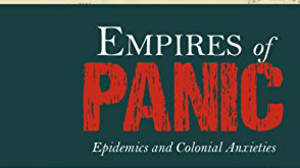Center for Asia Pacific Studies
The Center is San Francisco’s academic gateway to the Asia Pacific, fostering and promoting innovative research, teaching and public programs.
Volume XIV, No. 1: Fall 2016
Asia Pacific Perspectives (ISSN: 2167-1699) is an international, peer-reviewed electronic journal that promotes cross-cultural understanding, tolerance, and the dissemination of knowledge about the Asia Pacific. The editors welcome submissions from all fields of the social sciences and the humanities that focus on the Asia Pacific, especially those adopting a comparative, interdisciplinary approach to issues of interrelatedness in the region. The journal facilitates academic discussions among both established scholars in the field and advanced graduate students. APP is published twice each year by the University of San Francisco Center for Asia Pacific Studies.
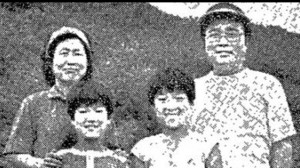
This article analyzes premodern Korean medical treatises, professional surgical journals, and patient memoirs to expand our understanding of surgical treatment of breast cancer between 1959 and 1993 in South Korea. This essay discusses changing historical connotations of breast ailments, treatments and surgical interventions. Although the depiction of breast cancer as a “suddenly emerging yet properly controllable epidemic” imagines a brighter future for Korean women, it often discounts past experience, and ignores contested ideas of the causes and treatments of the disease. The author traces the medical discourse around the adoption and rejection of Halsted’s radical mastectomy procedure, and patient discourse through the memoir of Yi Hyo-suk’s response to her own radical mastectomy in the late 1970s, in order to illustrate the manifold narratives about surgical intervention across time and profession.

This article discusses how illness narratives of Japanese people living with HIV/AIDS (yōseisha 陽性者) are written, performed, and embodied in culturally patterned ways that simultaneously protect the narrator from stigmatization and discrimination while also fostering public engagement and discussion about HIV/AIDS. These narratives assist yōseisha in asserting their status as normal Japanese, while at the same time advocating for acceptance of the diversity of all yōseisha. The author finds that the use of “flexible kata” makes it possible for yōseisha to speak relatively candidly about HIV/AIDS as a domestic issue from a variety of perspectives even though it is often considered taboo.
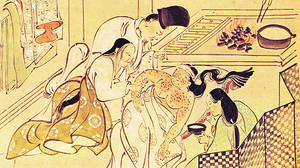
This article explores the topic of the access to medical treatment of women in an urban temple-town community in late 16th century Japan, based on the daily diary of Yamashina Tokitsune, physician to the Honganji religious community of Osaka for at least fifteen years whose patients were primarily commoners. In contrast to previous studies of this era, this study focuses on the extensive information Tokitsune provided on women, their families and households. The author uncovers the degrees of access to medical treatment, the new ubiquity of pro-active attention to health and illness, and the rhythms of treatment and health management for women at all stages of pre-natal and post-partum care. In identifying long-term female health support networks and medicine’s new and prominent role in daily life, this research expands our understanding of the role of medicine in society in Japan’s pre-modern era.
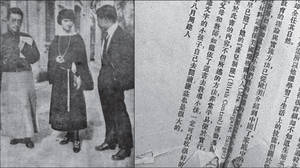
Margaret Sanger’s 1922 visit to China originated in the perception of China as a poster child for poverty and overpopulation in dire need of contraception, and ignited a debate in the Chinese press on the eugenic quality of birth control. This article investigates the intersections and tensions between feminism, Malthusianism and eugenics, as well as the translation and reception of Sanger’s speeches on the rights and responsibilities of women relating to fertility and reproduction. The repercussions of reproduction for the future of the Chinese nation were central to Marxist and nationalist considerations of the political potential of birth control.
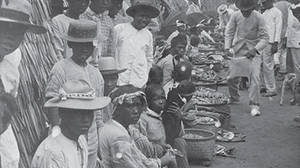
Between 1906 and 1932, the Philippine Bureau of Education published three official magazines that explained the objectives of the American-run public schools. This article explores how Philippine Education, Philippine Craftsman, and Philippine Public Schools described the introduction and the teaching of domestic science during this period, and investigates several central contradictions that emerge in the magazines. The author contends that while domestic science attempted to strengthen and heal Filipino bodies via widespread cultural change, it ultimately was a practice for making food into an everyday reminder of American cultural hegemony in the Philippines.
